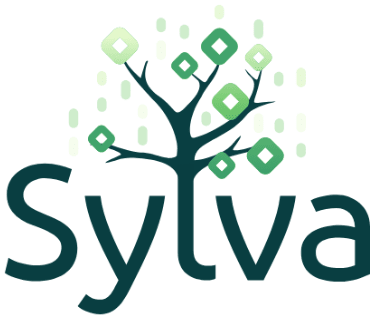Serdar Vural
on 5 December 2023
Canonical is proud to announce that we have joined the Sylva project of Linux Foundation Europe as a General Member. We aim to bring our open source infrastructure solutions to Sylva and contribute to the project’s goal of providing a platform to validate cloud-native telco functions.

Sylva was created to accelerate the cloudification of Europe’s telco network ecosystem using open source technology. The project’s objectives are to provide a robust and scalable cloud software framework, and infrastructure where vendors can test their cloud native solutions. Canonical will contribute to this infrastructure with our suite of open source and fully upstream solutions, alongside the Ubuntu operating system.
Canonical solutions for the telco and edge use cases
Sylva’s call for open source solutions aligns with both Canonical’s infrastructure software stack and our commitment to bringing lead-edge open source technology to the telecom sector. In an industry where operators are increasingly looking for secure open source platforms that can host certified cloud-native workloads, Canonical’s open source infrastructure stack is a natural fit.
For telco edge use cases, there are five key requirements for ensuring business success:
- Low-touch operations
- Minimal deployment footprint
- Energy efficiency
- Compliance and interoperability
- Ongoing security patching without causing downtime
These requirements are addressed by the following Canonical infrastructure components: the bare metal hardware automation solution Metal-as-a-Service (MAAS), the immutable and minimal operating system variant Ubuntu Core, the fully upstream and CNCF-certified Canonical Kubernetes, Ubuntu Pro which ensures that security updates are seamlessly applied to the system, and the fully upstream virtualisation solution Canonical OpenStack.
By leveraging Canonical Infrastructure within Sylva, we believe that operators can establish a robust, efficient, and secure foundation for their services, meeting evolving demands while maintaining a focus on open source solutions.
Contact us

Get in touch with us for your telco deployment needs and your transition to open source in mobile networking. Canonical provides a full stack for your telecom infrastructure. To learn more about our telco solutions, visit our webpage at canonical.com/solutions/telco.
Further reading
Canonical joins Open Networking Foundation
Bringing automation to telco edge clouds at scale
How telcos are building carrier-grade infrastructure using open source



